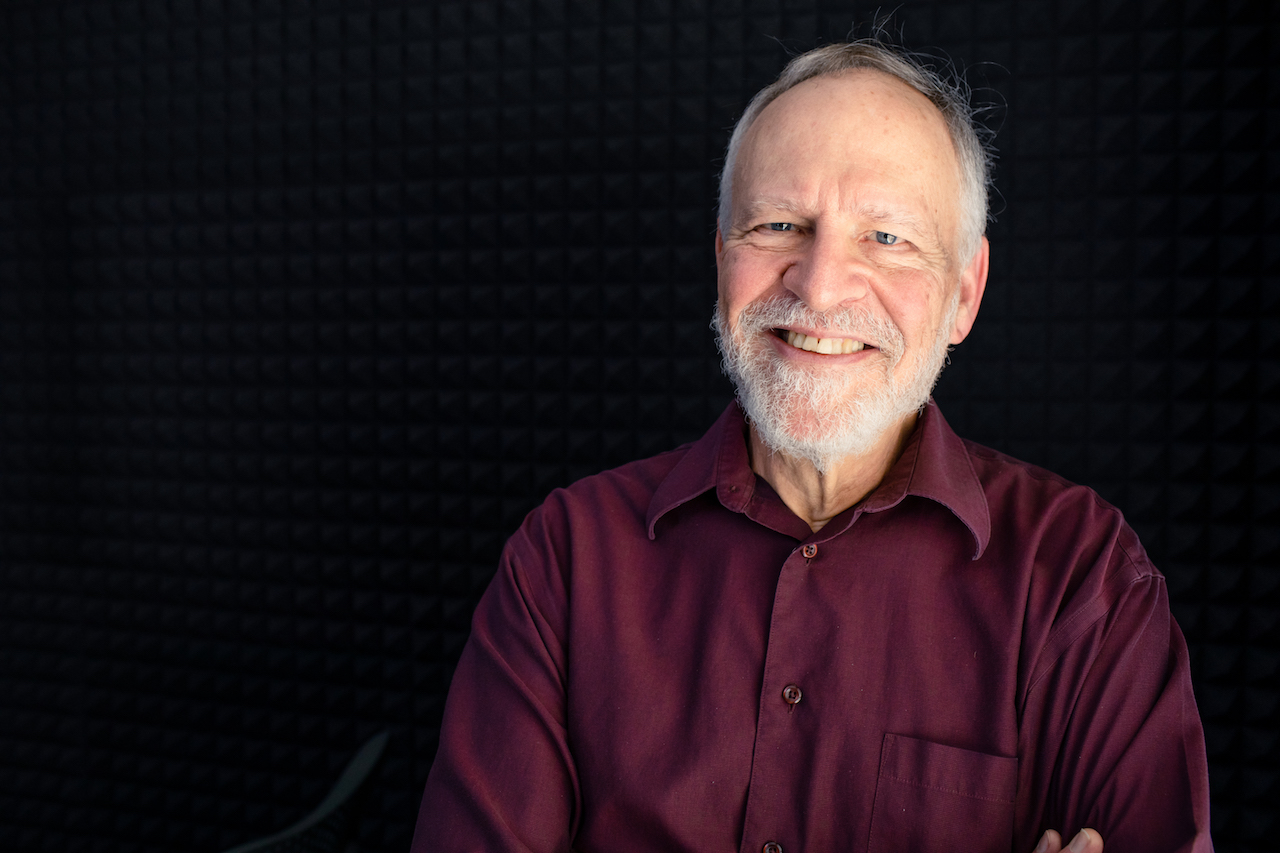+ Dr. Mark Lau Branson introduces Ephesians with an emphasis on its central theme: God is bringing all things together in Christ.
 Mark Lau Branson is the Homer L. Goddard Professor of the Ministry of the Laity in Fuller’s School of Theology. He teaches courses in congregational leadership and community engagement, and he is a senior consultant with The Missional Network (TMN).
Mark Lau Branson is the Homer L. Goddard Professor of the Ministry of the Laity in Fuller’s School of Theology. He teaches courses in congregational leadership and community engagement, and he is a senior consultant with The Missional Network (TMN).

“The call on our lives is to participate in God bringing all things together in Jesus Christ.” – Mark Lau Branson
Transcript
Dr. Mark Lau Branson introduces Ephesians with an emphasis on its central theme: God is bringing all things together in Christ.
I’m Dr. Mark Lau Branson, and I teach in the area practical theology at Fuller Seminary. I’m the Homer Goddard Professor of Ministry of the Laity and I teach in the areas of congregational leadership and mission. Ephesians is a book that embodies so many different issues that are relevant for churches today.
Chapter 1 of Ephesians begins with gratitude. Paul is noticing what God is doing, and he’s noticing faithful responses among the Ephesians. And he just thanks God for that. He’s grateful for what God is doing. He’s grateful for their responses. That awareness is there. And he’s also aware of their wounds. He’s aware of the hurt that they’re dealing with, the challenges they’re facing. And, again, all of that comes to play.
And so part of his prayer, in that first chapter, is that they’ll have power, but it’s not a power to make other people do what you want them to do. That’s more of a modernist understanding of power. But it’s the power to reflect on assumptions, to reflect on what’s going on, and to engage with what God is doing in that context. And that does take power. He says it’s like the power that raised Christ from the dead. That’s the power that lets us be the embodiment of the gospel in a particular context.
So, in chapter 1, he provides a key for the entire text. It’s in verse 10. He says, “This is what God planned for the climax of all times: to bring all things together in Christ, the things in heaven along with the things on earth.” So, this theological issue is reflection on something God has done and is doing. God has and is bringing all things together in Christ. And so as you look at what’s going on with your neighbors, what’s going on in your own life, the question then becomes, what does this have to do with God bring in all things together in Christ? And then that starts developing the backbone for the book. The call on our lives is to participate in God bringing all things together in Jesus Christ. Now how that gets expressed in a particular church in a context in particular lives—that varies depending on what God is up to in that particular context.
And there’s certain things that need to be active in a church for us to be able to discern that calling—for us to be able to participate in that calling. That’s much of what chapter 4 is about. First is this issue of unity. Paul’s not letting go of that—that our love for each other, our collaboration, our learning from each other, our treating each other as subjects is right at the core of being the body of Christ. The rest of the book then expands on this. It deals with family life and economics and jobs. How do we deal with the fact that there are other forces in the world that are trying to shape us? And all of those matter. And they’re continuing to express this primary calling that is in Christ bringing all things together that we’re to be worthy of as the testimony as a witness to this context—the context in which we find ourselves.
And it’s the challenges of that that Paul has in mind when he pronounces a blessing at the end of chapter 3, where he says, “This is why I kneel before the Father. Every ethnic group in heaven or on earth is recognized by him. I ask that he will strengthen you and your inner selves from the riches of his glory through the Spirit. I ask that Christ will live in your hearts through faith. As a result of having strong roots in love, I ask that you’ll have the power to grasp love’s width and length, height and depth, together with all believers. I ask that you’ll know the love of Christ that is beyond knowledge so that you will be filled entirely with the fullness of God.”
So, that’s the blessing that Paul brings to us. That as we’re in the midst of discerning what God is doing, responding in an action-reflection mode, as we do that collaboratively, as we treat each other with love, as we engage our neighbors knowing that God’s ahead of us in that context, that’s where we live as the body of Christ in the midst of the Spirit’s engagement with us on the ground. What an amazing letter this is that shows us ways to live practically, theologically where we are.
